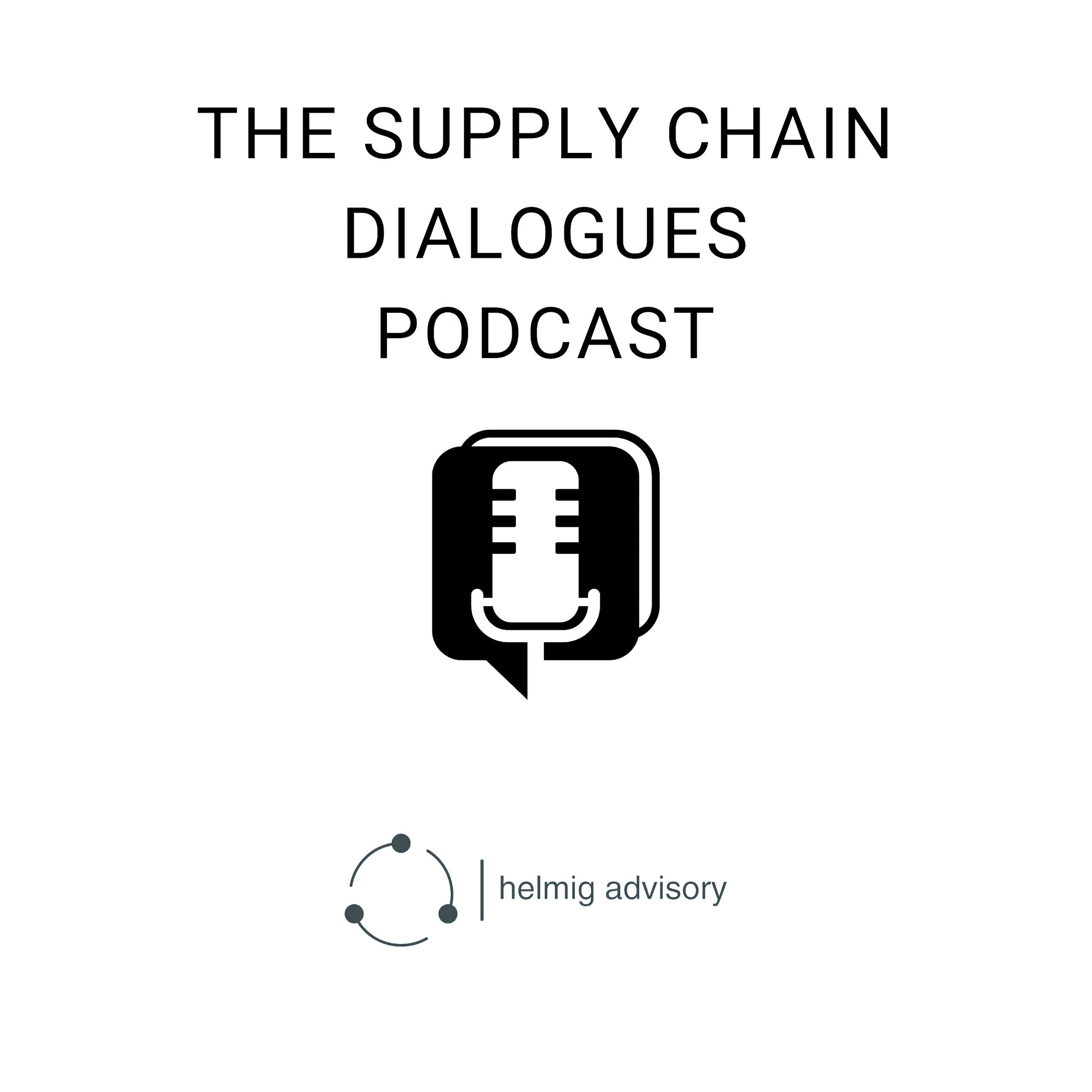The Supply Chain Dialogues - Podcast
Apple / Spotify / Youtube / Transcripts

Ep. 12: Stopping constant organizational re-design by fixing the functional design
What is the correct procurement setup? Central, de-central, or hybrid? If you had asked this question before 2010, many of my peers and I would have provided a very different answer then vs now. Life moved on, and today’s world requires more sophisticated, agile functional designs.
This is the second instalment of the mini-series about organisation design. We believe that if you design your organisation in line with the culture and the surrounding markets, the costly need for re-designing and organisational reshuffling can be minimised.
Enjoy!

Ep. 10: Significantly optimising cash flow by changing the focus - Part Three - Customer Payments (DSO)
Why let your hard-earned cash be trapped in customer payments? Our mini-series continues with part 3, where we tackle the elusive DSO. Find out how to get paid faster without sacrificing customer relationships.

Ep. 09: Significantly optimising cash flow by changing the focus - Part Two - Supplier Payments (DPO)
In part 2 of our podcast mini-series on cash-flow optimization, we hone in on payments to suppliers, covered in Days Payable Outstanding (DPO). External materials & services purchased are the most significant cost block in most product-based companies. Hence, the cash flow improvement leverage is significant. Different from cash trapped in inventory, DPO management needs two to tango. Why is it that many companies can’t dance with their suppliers?

Ep. 08: Significantly optimising cash flow by changing the focus - Part One - Inventory
This marks the beginning of a three-part mini-series on cash flow optimisation. The series argues that while finance must report on cash flow, operations should own the metrics. Part One is about Inventory. Enjoy!

Ep. 07: Implementing 21st-century supply chain - now
The highly improbable event coined ”black swan”, described in the 2007 bestseller of options trader and statistician Nassim Nicholas Taleb, became a herd animal that shows its black feathers in spades. We have to learn and adapt to modern global supply chains - now. AI-mee and Daniel talk about the background, the opportunities, and how to change.Enjoy!

Ep. 06: Is operations outsourcing still a viable option today?
Outsourcing, spin-offs, in-sourcing, reshoring, re-vitalising operations - what is the best approach towards improving customer satisfaction and the triple-bottom-line? For 30 years the answer of most boards when competitive pressure was ramping up, was either a spin-off or outsourcing to other continents. While there can be good reasons for spinning off or outsourcing parts or full operations, in the 21st century we should be relentless in assessing our tool box. Rather than grabbing the most used, shiny tool, we should understand the opportunity in our company first more thoroughly. This blog post gives this topic a bit of a spin…enjoy.

Ep. 05: Procurement - on ‘steroids’ or: improving margins - for real
The times when strategic sourcing was solely a procurement function topic, with the main focus on cost and supply base management, are long gone.
Today, epidemics, natural and man-made disasters or disruptions are happening far too often for a cost-based, multi-layered value chain.
While the issues getting more and more complex, and the speed of change is dizzying, our internal corporate coping mechanisms often stay as simple and inadequate as 20-30 years before.
So, what needs to change?

Ep. 04: Creating a digital supply chain twin - operating at the speed of thought
Digital transformation, Internet of Things, blockchain, OpenAI and ChatGPT happen for most companies more in the media and consultant presentations than in their own world. There is scepticism, disbelief, and maybe even panic, followed by short bursts of activism that typically die quickly like fireflies.
So, what shall we do about it, and why? The podcast takes the topic from the latest blog, and dives deeper. Enjoy.

Ep. 03: Diversity and Inclusion (DI) - simply human
In many companies generating revenues in the United States, United Kingdom, South Africa, or India, there is awareness of the concept and regulatory requirements of diversity and inclusion (D&I) sourcing. However, except for some clear leaders in this field (and most other fields while at it), over the years I have observed, that many companies make little or no strides to significantly change the status quo regarding D&I unless governmental contracts or public opinions are at stake.
It is, therefore, not surprising how many leaders in corporations underestimate the societal needs and regulatory requirements for D&I sourcing while overestimating the efforts to establish the processes in their own companies.

